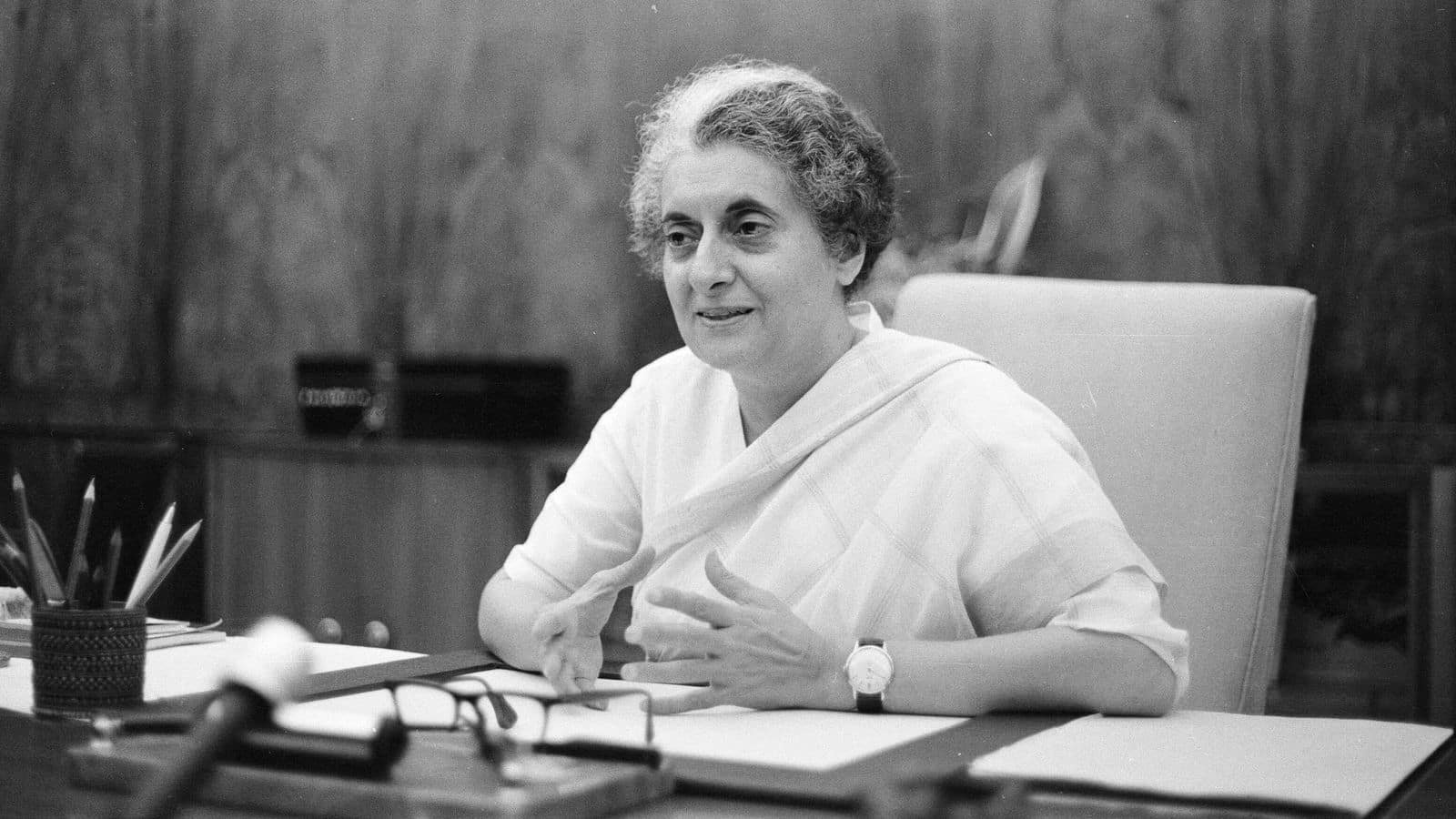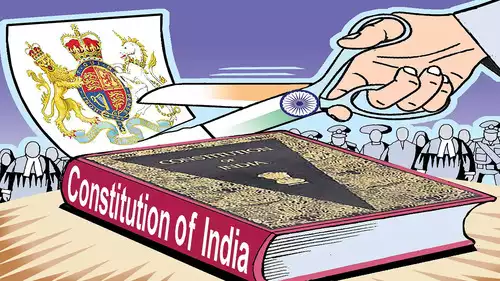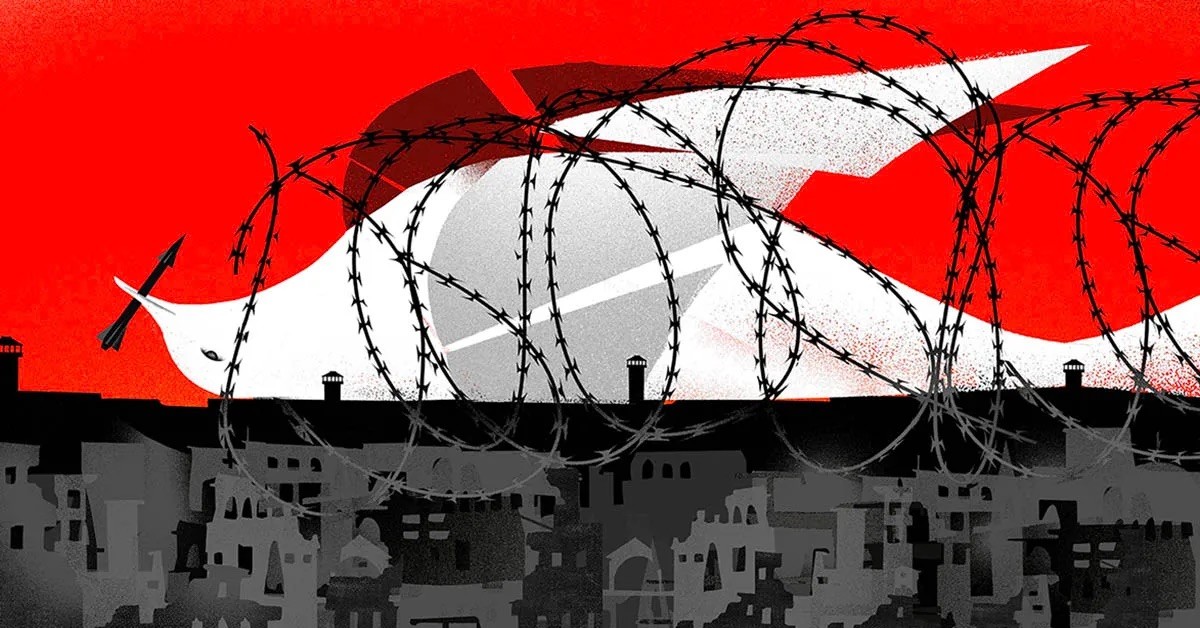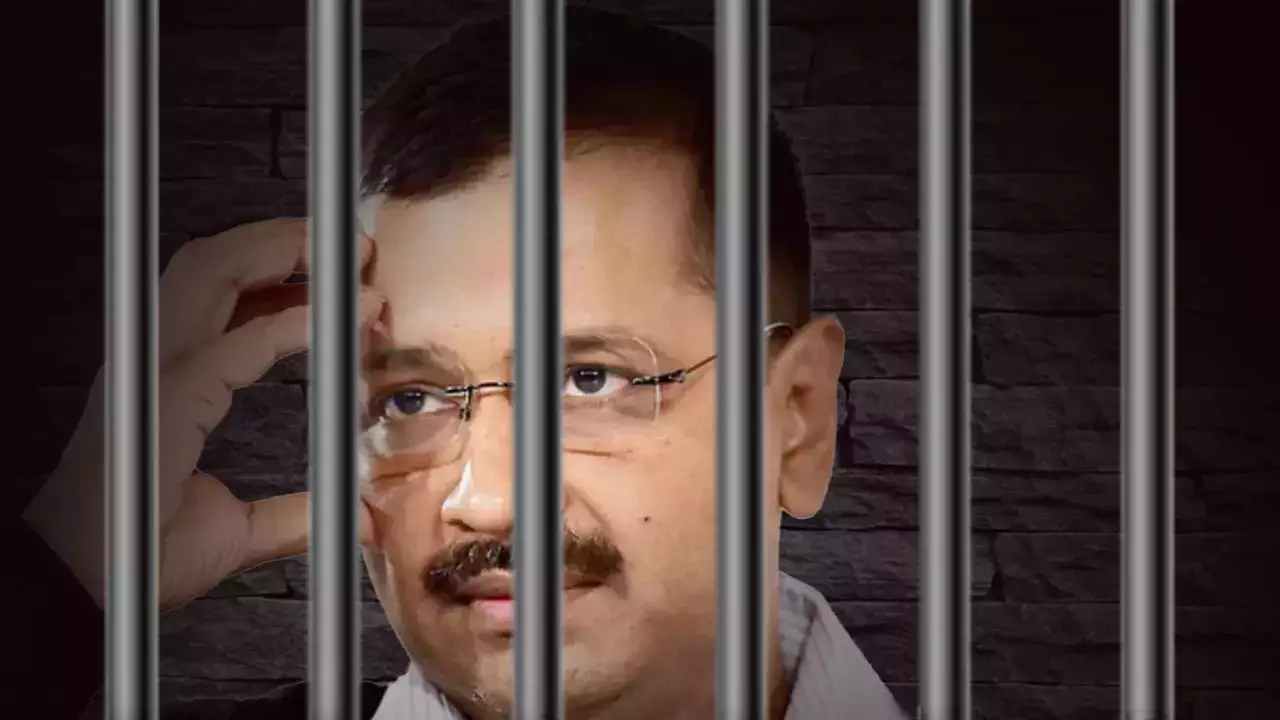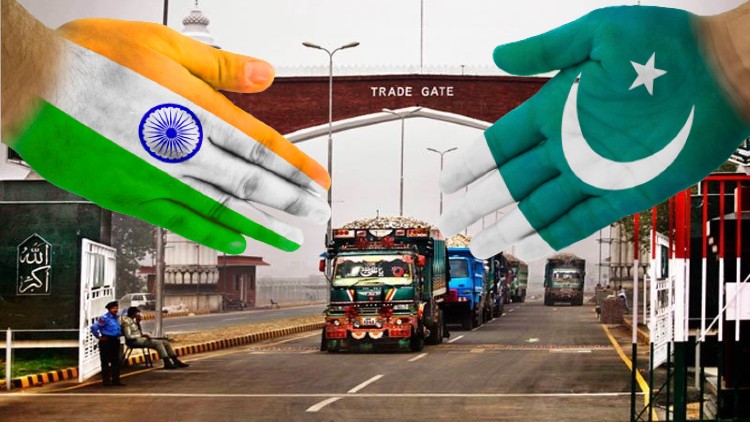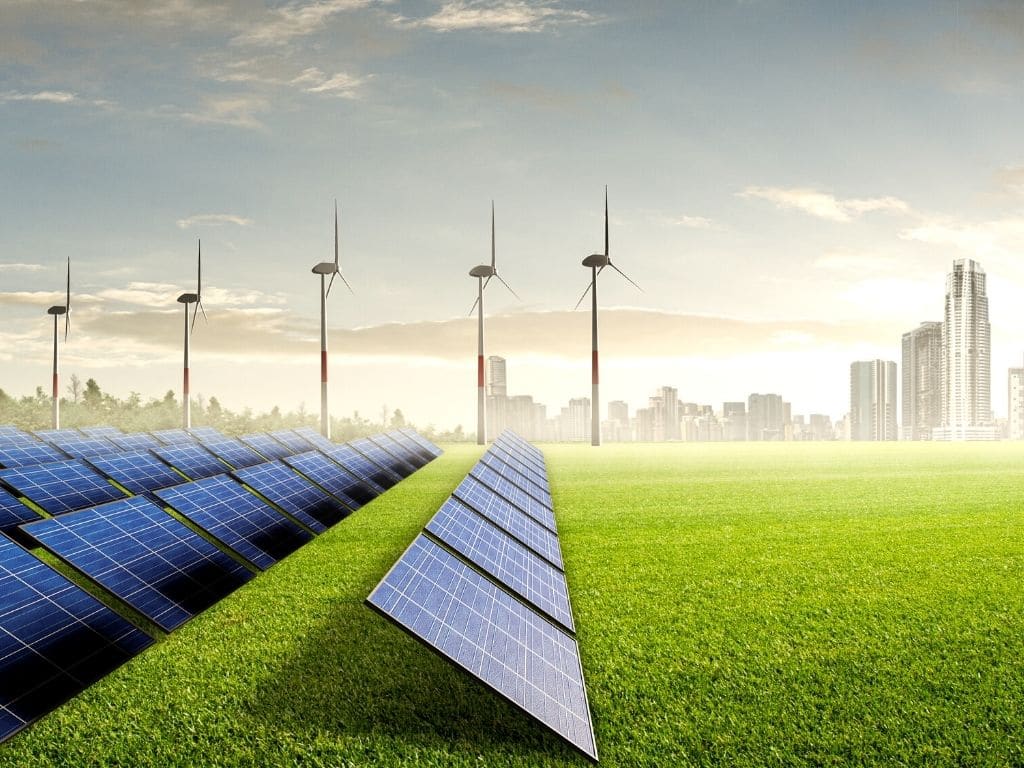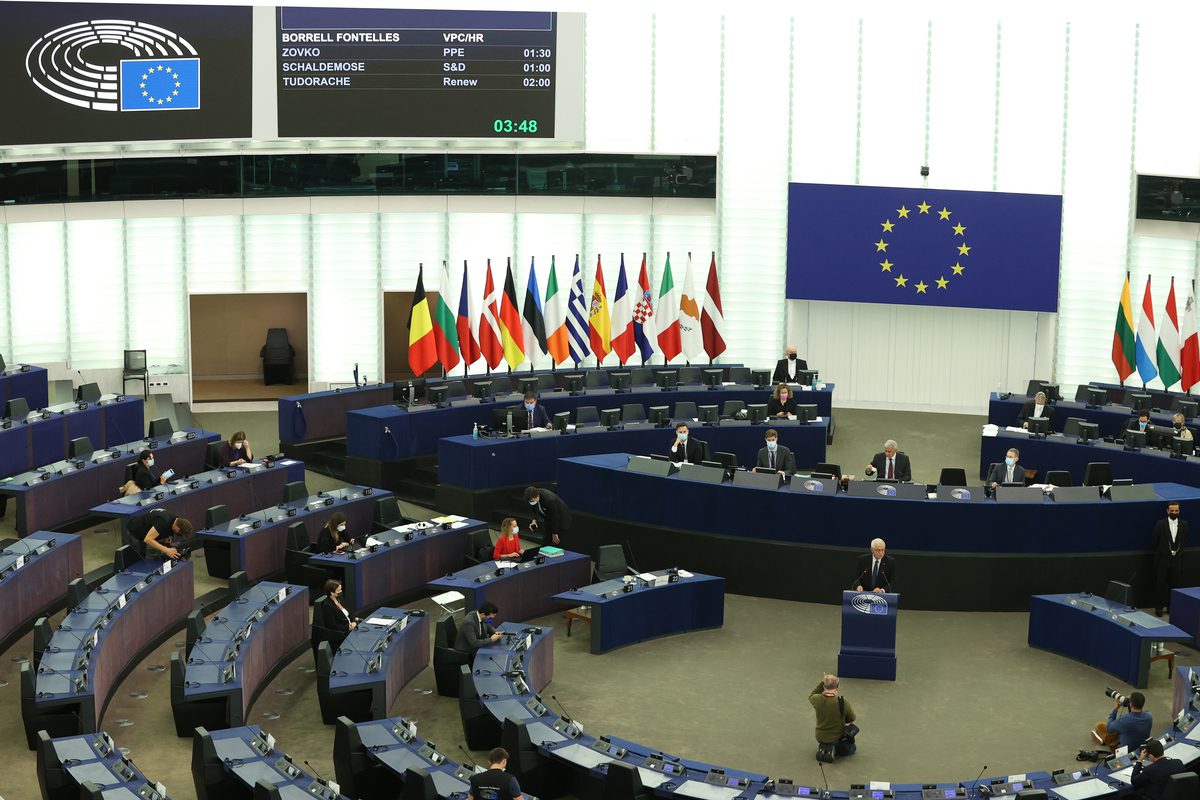If Indira Gandhi were alive today, she might have learned a lesson from running an emergency without formally declaring one. Her historical invocation of constitutional provisions to impose the emergency did little to shield her from historical scrutiny. However, in contemporary times, it appears one can have their cake and eat it too, amidst enthusiastic public applause. This ability to conduct governance without overt declarations of authoritarian measures is indeed a significant achievement.
Today, actions that would have previously incited uproar across the media, academia, public intellectuals, and everyday citizens now occur with barely a raised eyebrow. This shift is often touted as evidence of the nation’s significant developmental progress. The term “republic” seems to have become cumbersome in official discourse, replaced by a focus on democratic development.
In a recent example of censorship, public broadcaster Prasar Bharati ordered that politicians receiving airtime for the current election, like CPI (M) candidate Sitaram Yechury and Forward Bloc candidate G. Devarajan, could not use specific words. They were not allowed to refer to acts or regulations as “communal,” “draconian,” “authoritarian,” or “bankruptcy,” nor could they specifically name “Muslims.” Rather, they were urged to use euphemisms such as “particular community” for “Muslims” and “failure” for “bankruptcy.” However, it is difficult to find euphemisms for phrases like “communal,” “draconian,” or “authoritarian” because these realities are so obviously present in the real world.
In the past few years, violations of essential constitutional norms have become more commonplace. Among the most obvious examples are the ways in which religion is used in electioneering, education, institutional life, and executive activities. It appears likely that the current Modi-led government will continue to undermine the constitutional framework if it receives another mandate from the electorate.
Future developments might see the federal government reduced to a formality, a one-party democracy established, a one-nation, one-poll system put in place to prepare the way for a presidential system, and judicial independence diminished through adjustments to the judiciary’s autonomous powers and appointments. A thorough list of terms that are forbidden, together with heavy consequences for non-compliance, could be part of an education system further structured to generate individuals loyal to a temple regime.
It is possible to push diverse voices, beliefs, interests, and cultural practices to fit into a single, devoted vernacular that exalts an unbeatable Vishwaguru. Recalling the criticism Indira Gandhi received during her 19-month period of restraint and punishment is startling. Well aware of her probable defeat, she defied much common-sense advice and returned to the electorate. On the other hand, people in modern India can feel wonderful and free, but they are not truly free.
Liberty, fraternity, and equality are no longer at the core of democracy in this new India. Rather, it centres on catchphrases that declare the oppressor to be the liberator and the excluder to be the arch-includer. Speaking of a spade as a banana is now a sign of a new country.
This change signifies a substantial divergence from the democratic principles that were previously revered. Subtle controls have replaced overt authoritarian methods, indicating a sophisticated evolution in government. The ability to stay in charge without making overt statements or using harsh tactics is evidence of how political power is evolving.
The ramifications of this change are significant. The nation’s democratic foundation is seriously threatened by the eroding of fundamental freedoms and rights and the consolidation of power. The political system may irreversibly change as a result of the possibility of increased power concentration and the weakening of institutional independence.
There are concerns regarding India’s democracy’s future given its current course. Will the country stick with this new system of government, or will the democratic ideals that once characterised the republic make a comeback? The people themselves hold the key to the solution, provided they are prepared to stand up for their liberties and rights.
It is important to keep historical lessons in mind when we consider the current state of affairs. It is impossible to overestimate the durability of democratic institutions and the significance of defending fundamental rights. The way forward necessitates a return to these ideals and a group endeavour to protect the foundations of a genuine democracy.
To sum up, the era of unseen emergencies represents a substantial shift from the previous era of overtly dictatorial actions. It is an amazing accomplishment that control can be maintained without overt statements, but at the expense of basic liberties and rights. India’s democracy’s future rests on its citizens’ determination to uphold these ideals and thwart efforts to undermine its democratic foundation. To ensure that the country continues to be a true republic in name and spirit, the task is to strike a balance between the advancement of development and the maintenance of democratic values.
